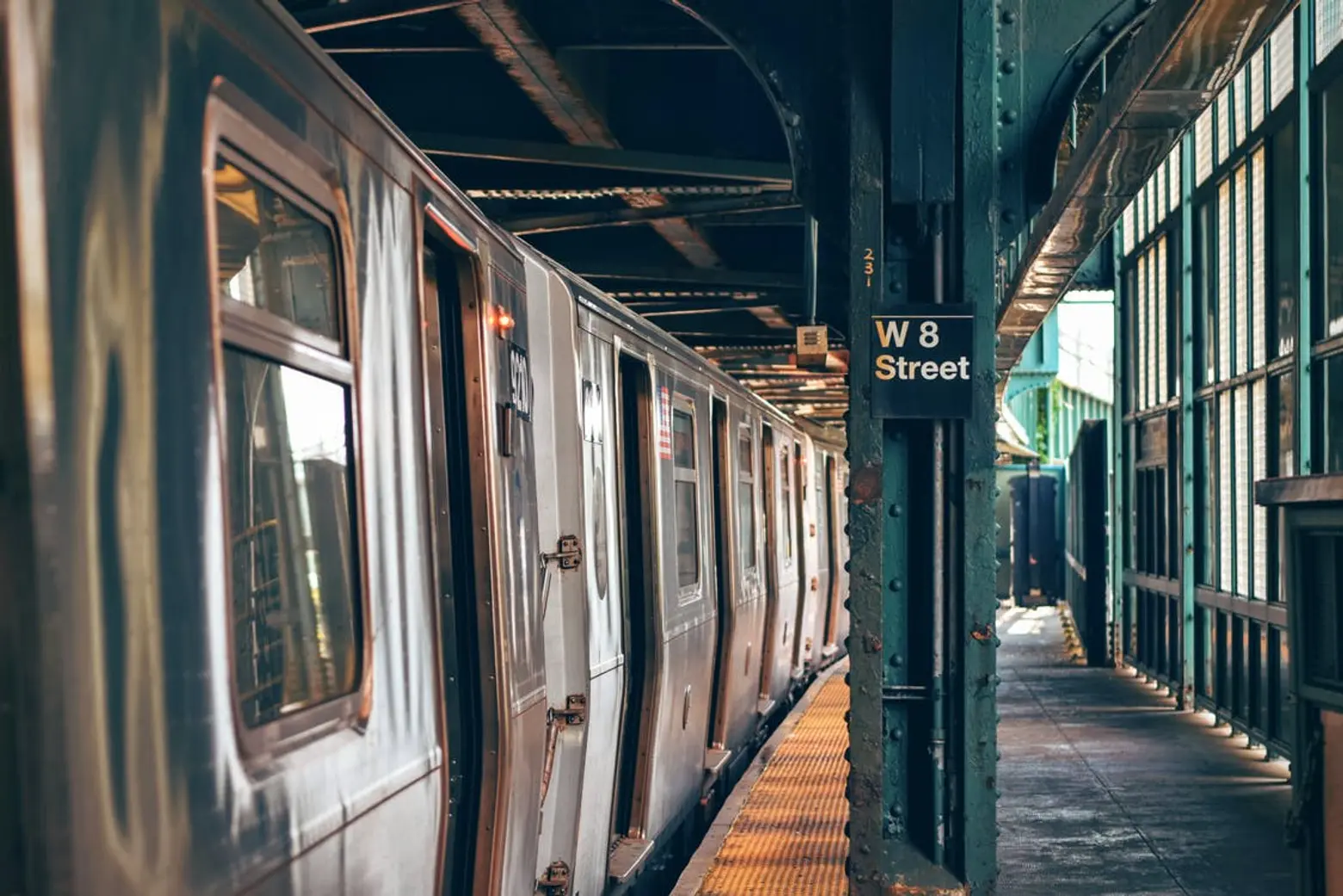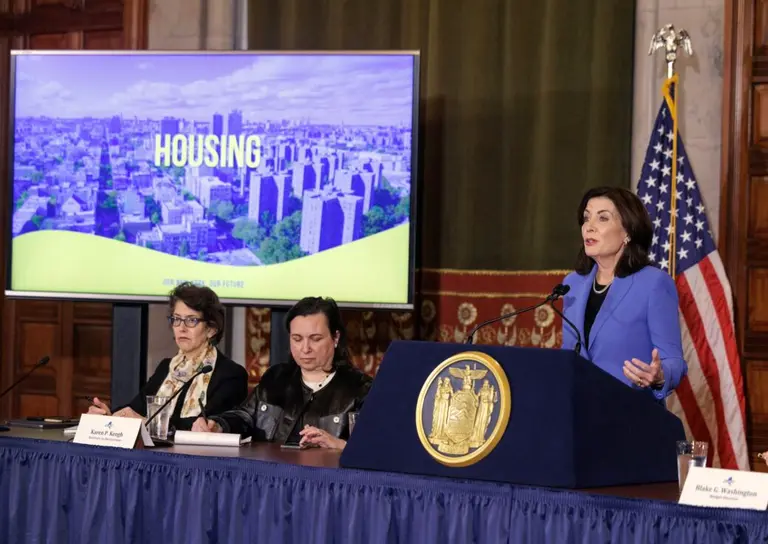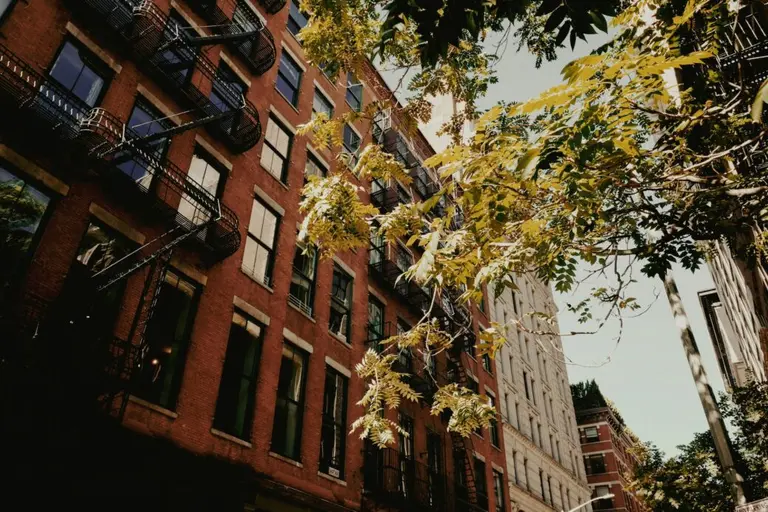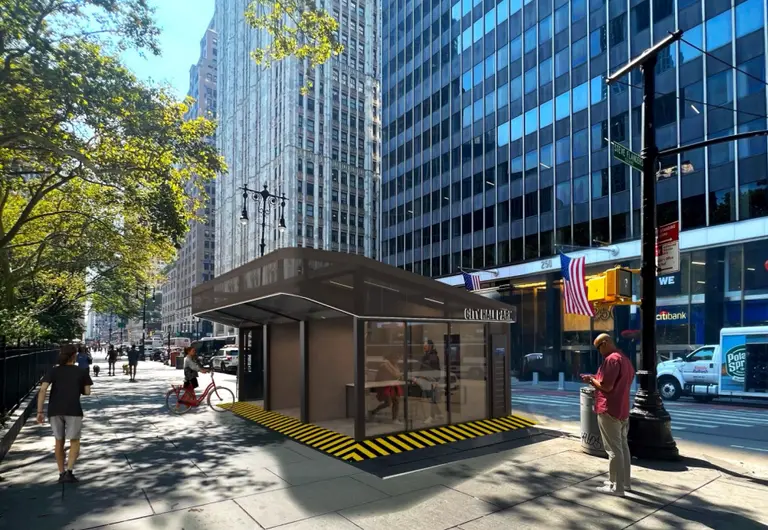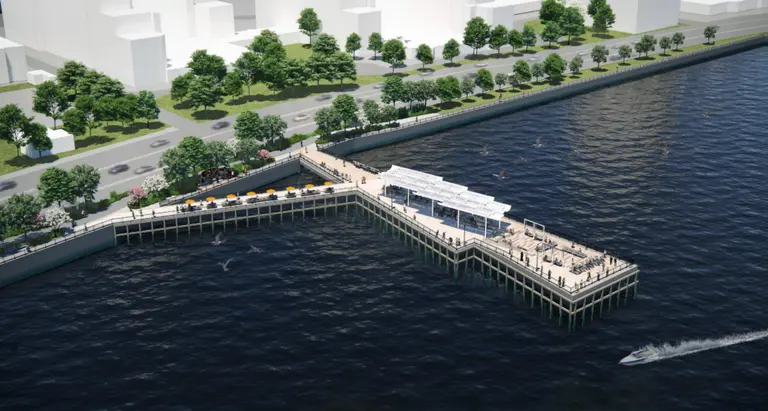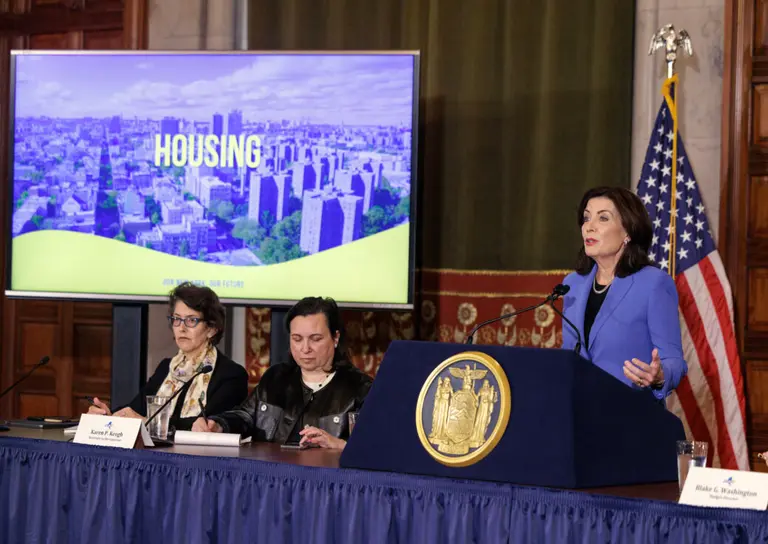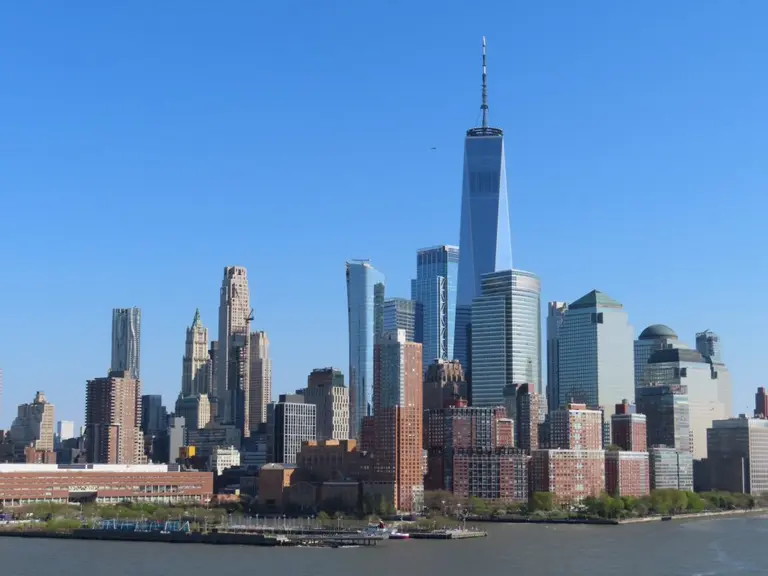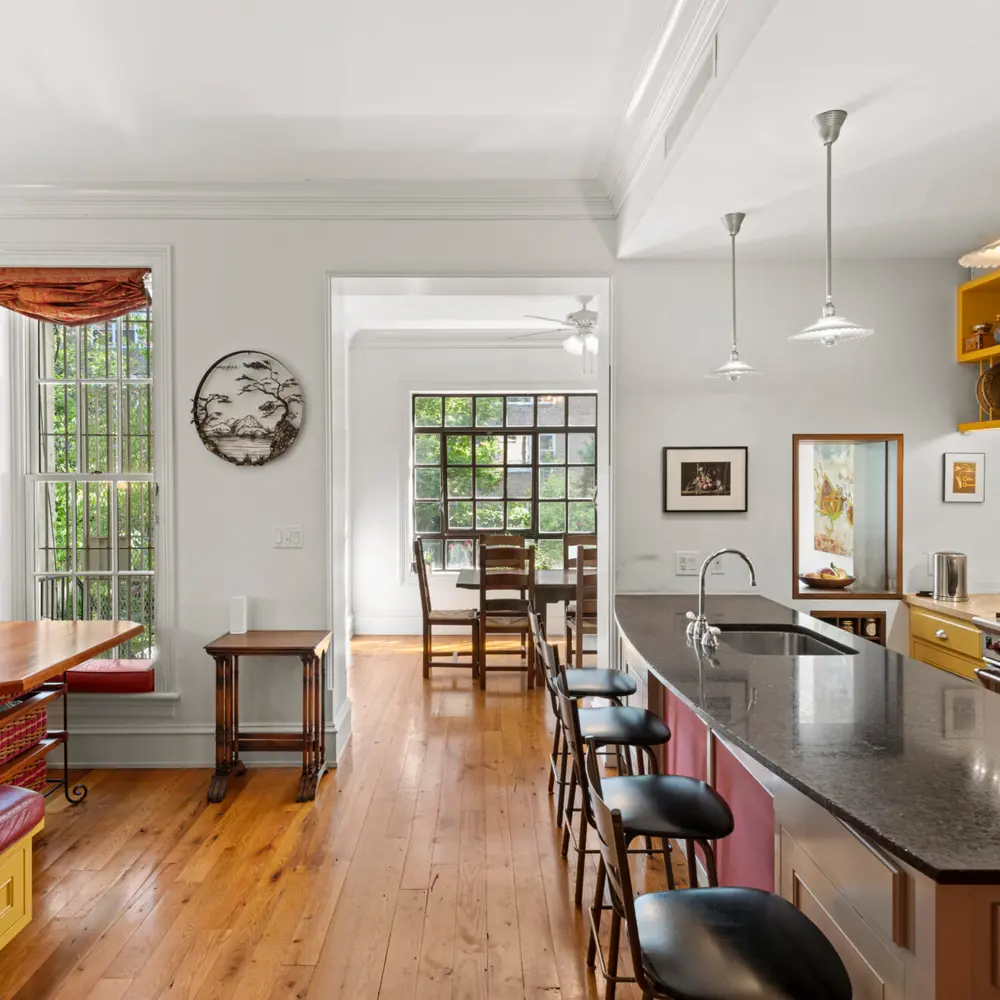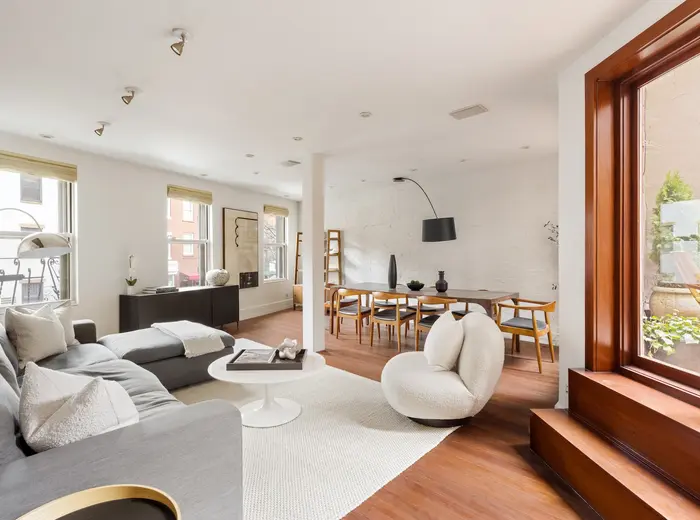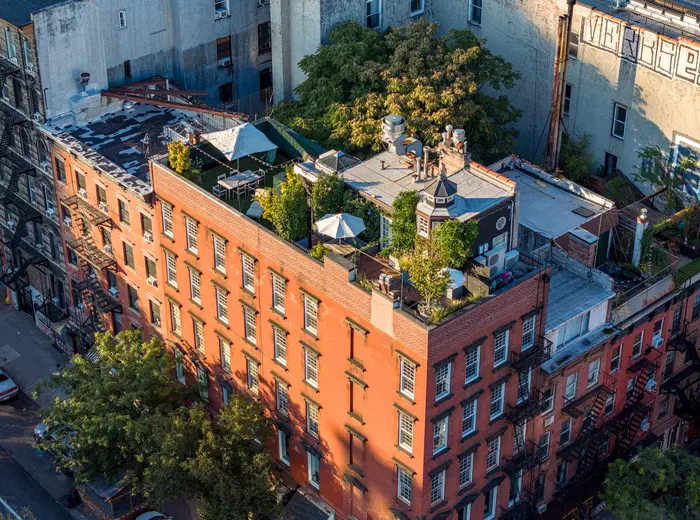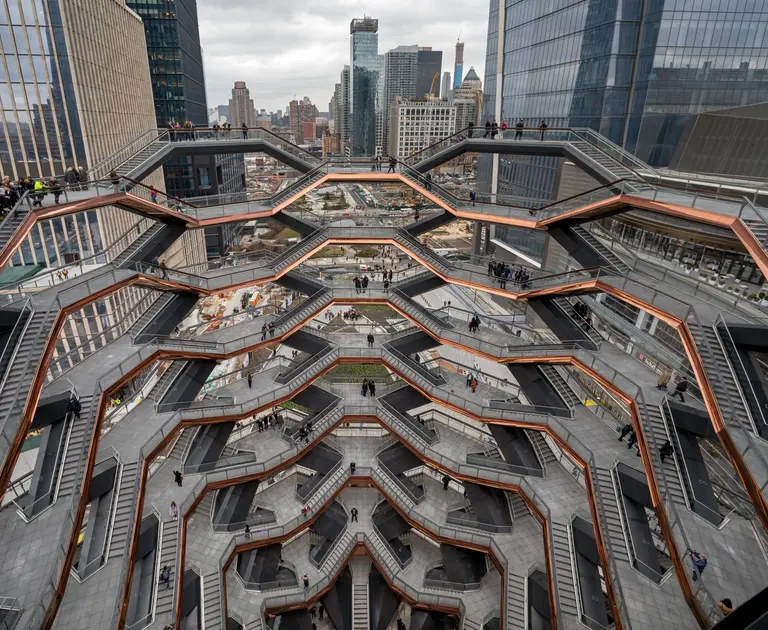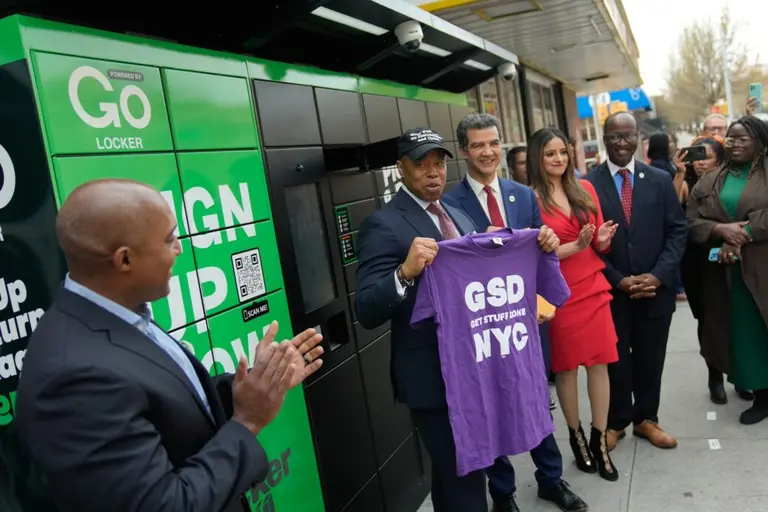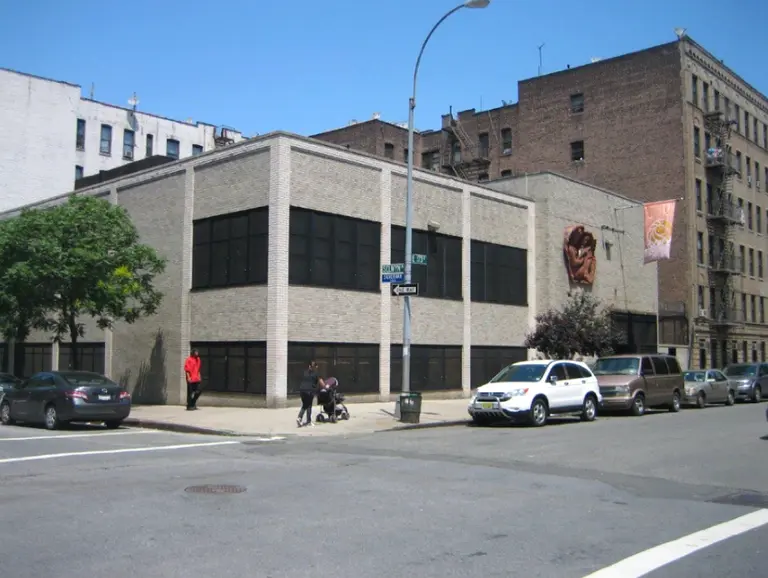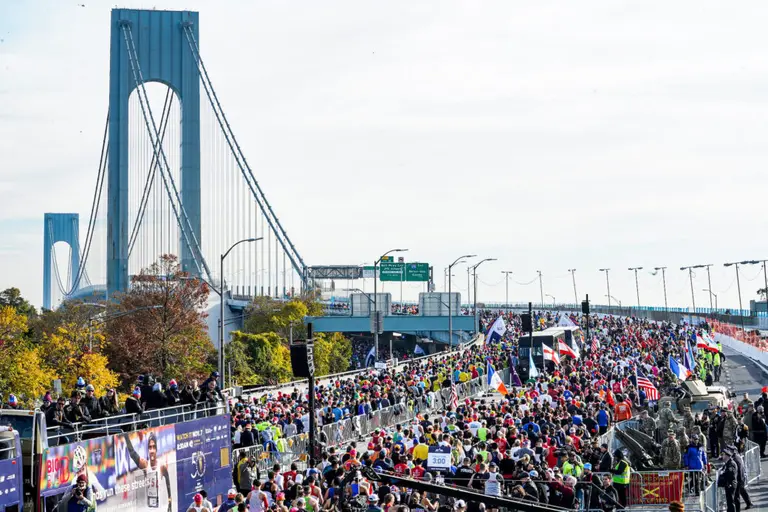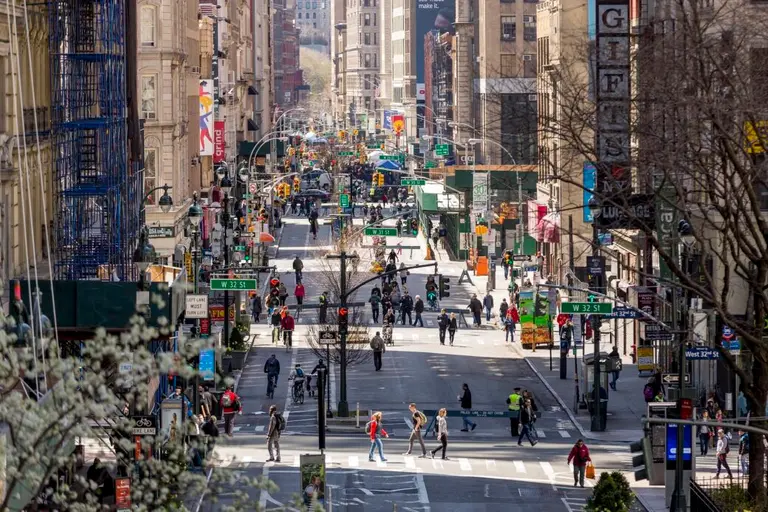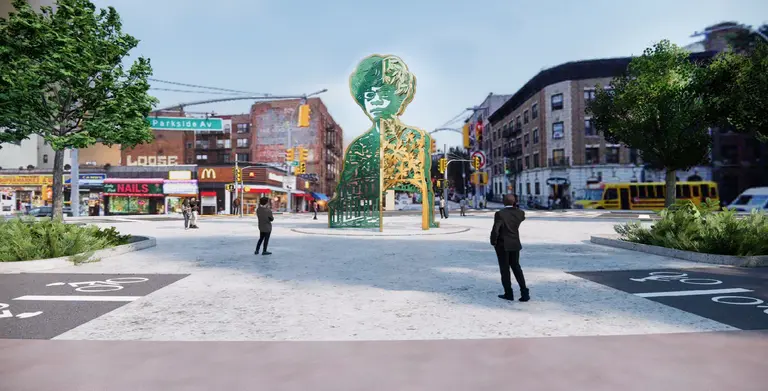MTA board members seek an end to routine fare hikes, mulls selling subway station naming rights
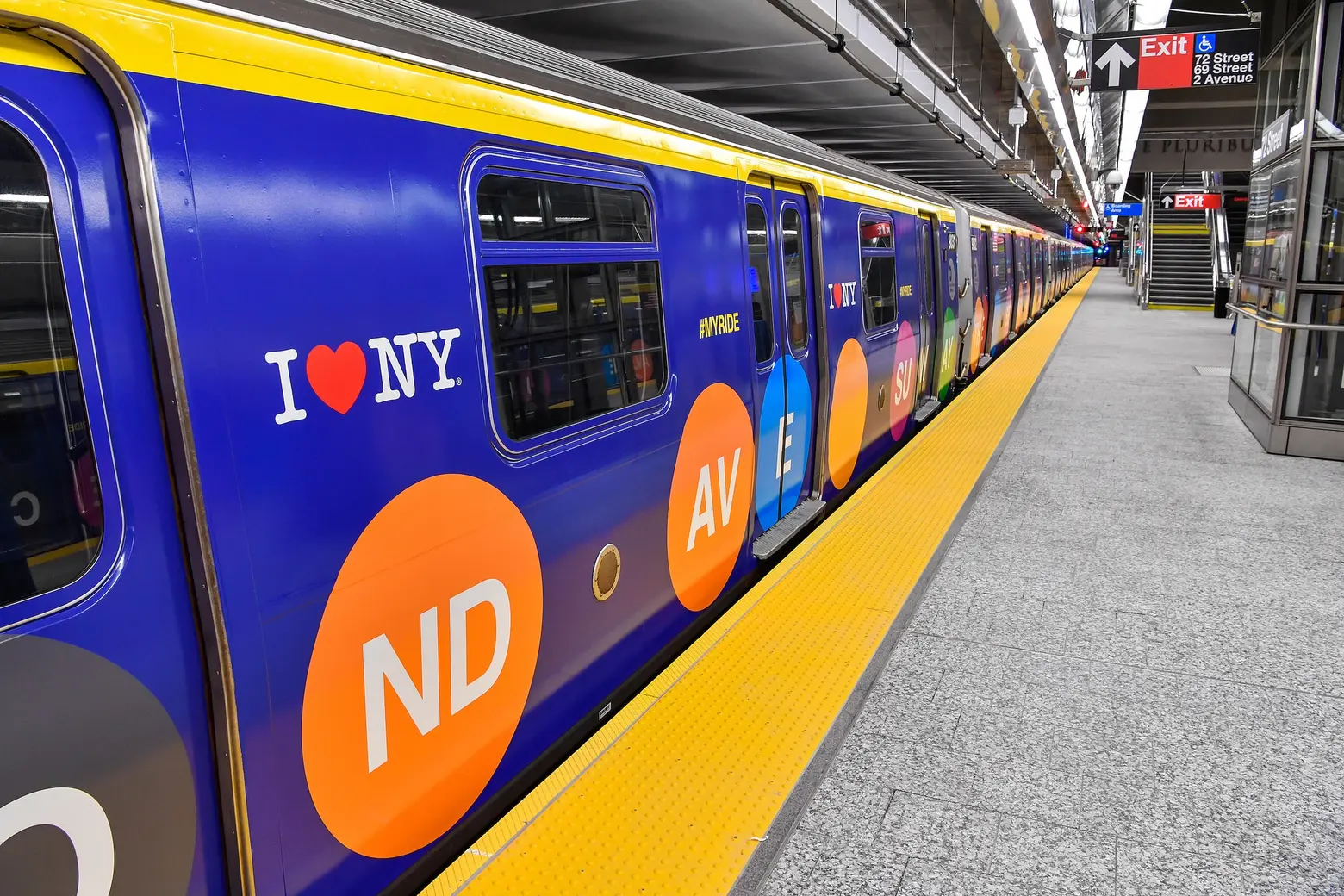
The Metropolitan Transportation Authority revealed on Tuesday an $800 million emergency rescue plan to fix the city’s failing subway system, which includes hiring 2,700 workers, removing some seats and adding additional train cars. And on Wednesday the MTA board grappled with ways to pay for the plan, with some members calling for the agency to end its routine fare and toll hikes and find revenue through other means. However, according to the New York Times, the authority’s chief financial officer, Robert Foran, said the agency needed to continue to raise fares by roughly 4 percent every other year as part of their long-term financial plan.
In March, the price of a weekly MetroCard rose from $31 to $32, the sixth increase since 2008. Officials plan on raising fares for subway and bus riders in 2019 and 2021, following their routine hikes that occur every two years. Some board members rejected the ritual hikes amid the subway’s declining service. Board member Andrew Albert said the authority should secure alternative funding sources, instead of raising fares. “If you take these to their logical conclusion, at some point, the fare will be $10 and tolls will be $50, and I’m not sure that is sustainable,” Albert said.
The heated dispute over who bears the responsibility of fixing the subway continues between Cuomo, who controls the MTA, and Mayor de Blasio. During the announcement of the plan, MTA chairman Joe Lhota asked the city to split the bill with the state. In response, de Blasio, who called the plan a “positive step” forward, has not committed funds to support it. “I’m trying to be straightforward with the people of the city and the taxpayers of the city, that we cannot put our resources in when we know the state still owes the MTA money,” de Blasio said, maintaining that the state took $500 million from the authority’s budget to put into the state’s budget.
In addition to fare hikes, the MTA budget presentation by Foran revealed the effects of the costly repairs at Penn Station this summer. As 6sqft previously covered, discounts have been provided for Long Island Rail Road Riders and alternative transit options have been created to help commuters during this “summer of hell.” The MTA expected to lose $58 million from expenses and loss of revenue in July and August. That total includes over $21 million in lost revenue, $18 million for buses and $5 million for ferries.
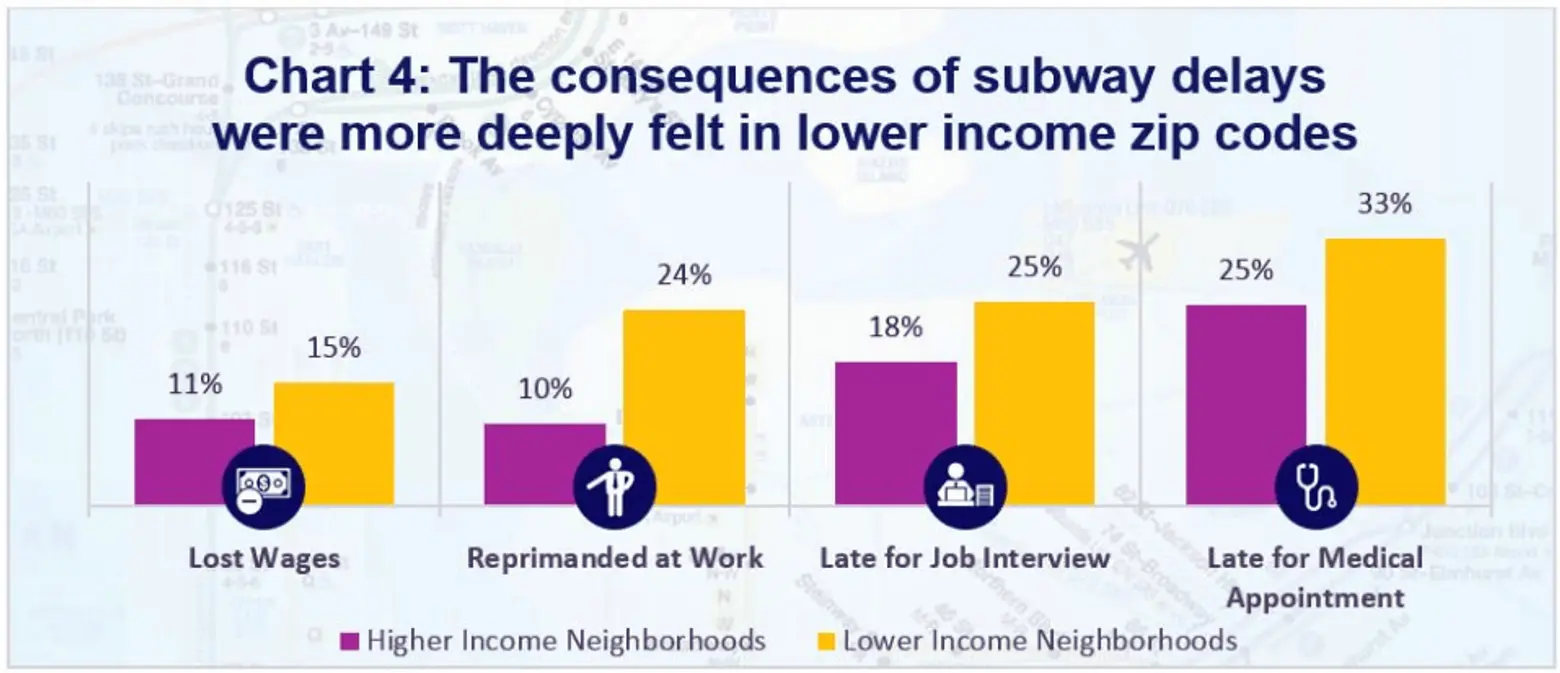
Chart via Comptroller Scott Stringer’s office
After Governor Cuomo declared the subway system in a state of emergency last month, Comptroller Scott Stringer’s office released a new survey which revealed that subway delays caused 74 percent of commuters to be late to work, 65 percent said they were late to picking up or dropping off children and 29 percent reported being late for a doctor’s appointment in the last three months. Notably, late trains affect those from lower-income communities more than those from higher-income neighborhoods. Higher commuting expenses could potentially burden low-income New Yorkers further.
Update: On Wednesday, Cuomo announced that state funds will be available immediately for the MTA’s emergency action plan, committing the state to fund 50 percent of the plan. He demanded the city do the same: “There is no time for delay and there is no tolerance for a lack of commitment on this issue.”
And during a speech at the Association for a Better New York on Wednesday, the governor suggested allowing businesses to “adopt a station” by contributing additional funds, as a way to fund the MTA’s emergency plan. As Curbed NY reported, the funds would be determined by square footage and traffic of a station. Cuomo said the money would go towards “enhanced maintenance, additional security, and aesthetic features.” In 2009, the MTA sold the naming rights of Atlantic Ave-Pacific Street Station in Brooklyn, so it now reads Atlantic Ave-Barclays Center, bringing in $200,000 each year to the MTA for the next 20 years.
[Via NY Times]
RELATED:
